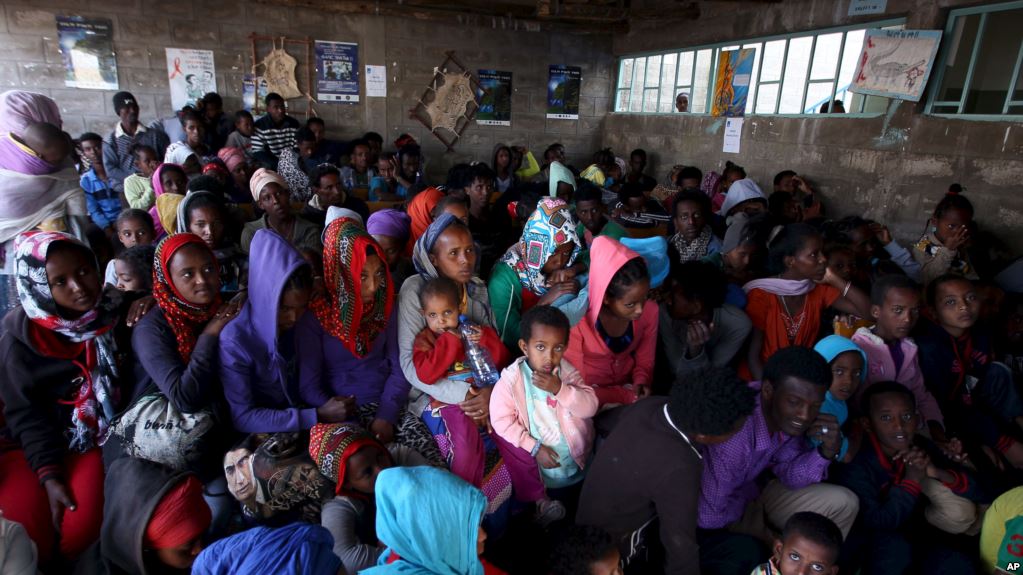
Ethiopia passed a law on Thursday giving almost 1 million refugees the right to work and live outside of camps, in a move praised for providing them with more dignity and reducing reliance on foreign aid.
The objective of the bill is to fill the legal gaps that were not incorporated in the previous proclamation of Ethiopia which hosts more than 906,000 refugees. Among other things, the law provides a structure that enables legal refugees to engage in inclusive development programs in the localities they reside, based on the country’s land lease and finance system, Fozia stated.
According to her, the bill will help to enhance the country’s visibility and acceptance internationally and provides the groundwork for further promoting the livelihood of refugees and host communities.
Fozia further noted that it would cement the current spirit of good neighborliness with the countries in the sub-region, strengthen people-people relation, and improve Ethiopia’s administration of refugees and service delivery.
Ethiopia is home to Africa’s second largest refugee population, who have fled conflict, drought, and persecution in neighbouring countries such as South Sudan, Sudan, Somalia, and Eritrea.
With record numbers of people being forced to flee their homes, most of the world’s 25 million refugees are hosted by developing countries in camps where funding shortages often leave them short of basics like food and education.
The new law is in line with Ethiopia’s commitment toward the United Nations Global Compact on Refugees, adopted by world leaders in December to increase refugees’ self-reliance and ease the pressure on host nations.
The law allows refugees to move out of the camps, attend regular schools and to travel and work across the country. Refugees can formally register births, marriages and deaths, and will have access to financial services such as bank accounts.
The head of the Ethiopian Investment Commission Fitsum Arega said the new legislation was part of the country’s “Jobs Compact” – a $500 million program which aims to create 100,000 jobs – 30 percent of which will be allocated to refugees.
“This helps refugees & supports #Ethiopia’s industrialization,” said Arega on Twitter.
Aid workers said Ethiopia served as an example in a world where, in some regions, the rights and freedoms of refugees and migrants are being eroded.
“As some Western countries have adopted xenophobic policies while turning away refugees, we are pleased that Ethiopia has passed this revised refugee law,” said Stine Paus, Country Director for the Norwegian Refugee Council in Ethiopia.
It will allow more refugees to live in urban areas, secure limited work permits, give some access to farmland and increase education enrolment for refugee children, she said.
“The law will help refugees feel included and that they can contribute to society,” said Dana Hughes, spokeswoman for the United Nations refugee agency in East Africa.
“But we must remember that access to education and employment doesn’t just benefit refugees, it also contributes to the economy and benefits local communities. Such legislation isn’t just the right thing to do; it’s the smart thing to do.”



